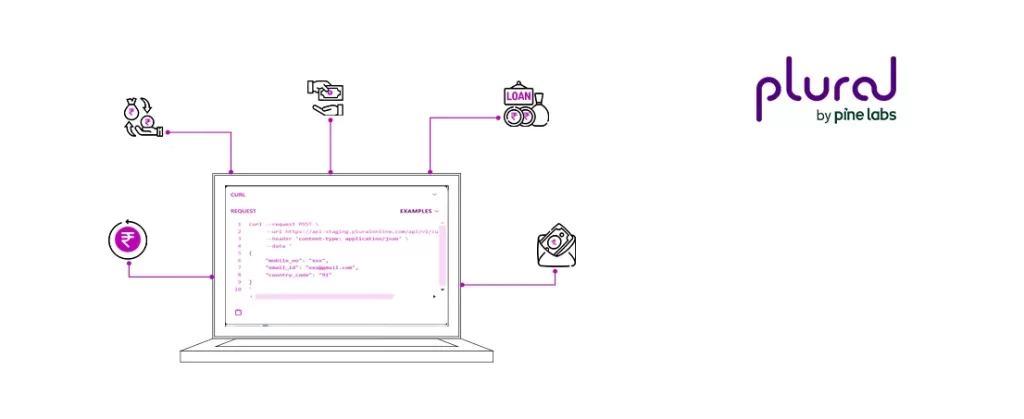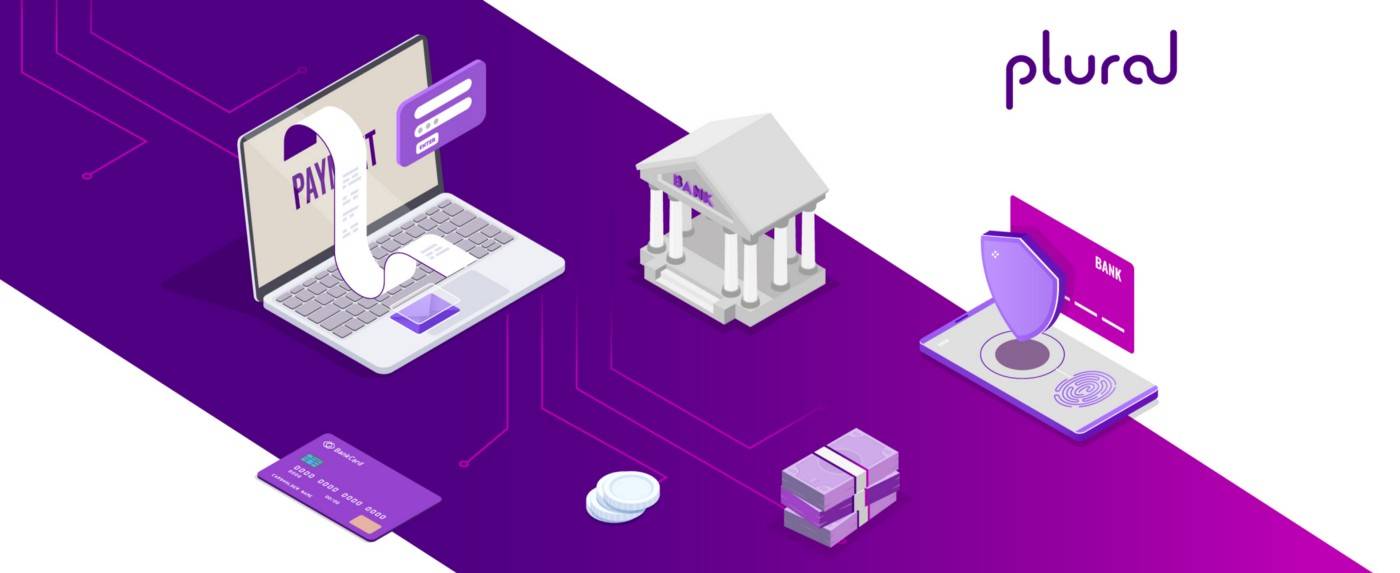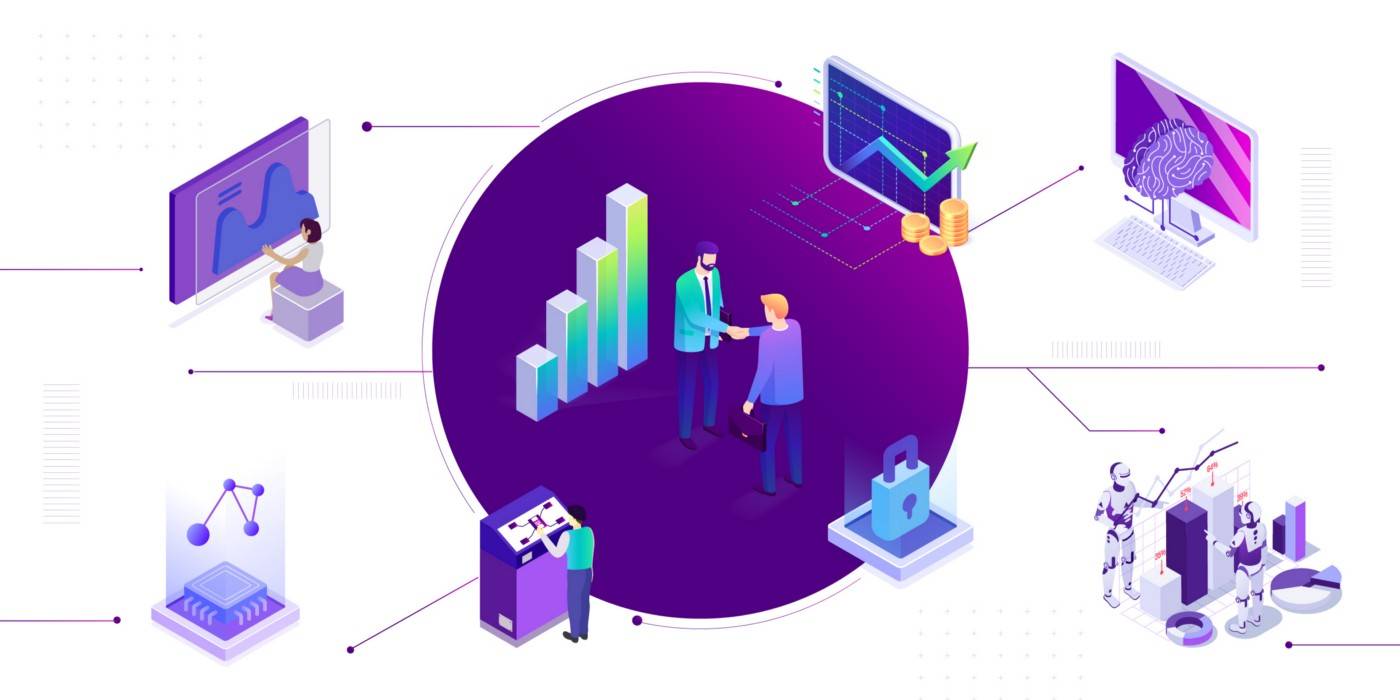The adage “no man is an island” also applies to the world of business. As businesses scale, they need to drive outcomes faster, build new business models, and connect with a wide range of stakeholders. One tool that has aided businesses in growing faster is API, or application programming interface, a software intermediary that enables two or more applications to talk to each other.
With APIs, businesses can build new services and products much faster and with minimal financial and labour investments. APIs also offer you greater agility in maintaining and upgrading software.
Leveraging APIs not only results in cost savings but faster, smoother, and more secure deployment of newer digital products. It enables businesses to dream bigger and disrupt their existing business models with speed and at scale.
The impact of leveraging APIs has been so massive that the term “API economy” has been coined around it. The number of APIs in existence has crossed 200 million, and this number will only keep growing. In response to growing digital transformation needs, the global API management market size is projected to grow to $5.1B in 2023, at a CAGR of 32.9%.
Businesses that aim to stay relevant, scale faster, and have a competitive edge are thus deploying APIs to reach their goals.
What is an API?
As described earlier, an API is a tool that enables two or more applications to interact with each other seamlessly. For instance, a social media API enables the platform to allow third parties to access data. An OTT streaming platform leverages streaming APIs to manage its content, products, customers, and analytics.
Businesses with a growing digital footprint consider API integrations a core part of their business strategy. According to Google’s State of the Economy 2021 report, companies are prioritizing investment in API security and governance, growing API adoption, monetizing APIs for revenue generation, and enhancing API operations and monitoring.
Reduction in manual processes, ease of use when building applications, increased productivity, and a culture of innovation and revenue growth are key drivers for the adoption of APIs.
Here are three real use cases of how companies leverage APIs in business:
- Banking and financial services have undergone massive digital transformation and leverage APIs extensively. APIs have enabled such businesses to run swift and efficient operations, build digital-only banks, expand their product portfolios, facilitate partnerships between banks and fintech platforms, and keep pace with new regulations that demand higher security and transparency. For example, our API infrastructure vertical Setu has made great strides in building an API ecosystem for fintech. Setu’s capabilities enable companies to reimagine key processes like data flow, management and access, onboarding, payments, fixed deposits, and lending.
- The accelerated growth of eCommerce has also been facilitated by APIs, which have enabled hygiene requirements such as personalization and recommendations, site searches, placement of social media buttons, marketing automation, price comparisons, and leveraging of data to automate and streamline inventory routines.
- More and more healthcare organizations are looking to digitize their medical records. APIs are helping them streamline the storage and transfer of medical records online with speed and efficiency. Other use cases include streamlining communication between medical professionals and patients and for diagnosis.
What are payouts?
Every business today has to make a spectrum of payments to several stakeholders. Here’s a look at the various types of payout payments made by businesses every day:
- Vendor payments: Disbursing payments to the vendors’ bank accounts.
- Loan disbursements: Bulk payouts when disbursing both loan and insurance claim payments.
- Gamer winnings: Bulk payouts when disbursing winnings. Cashbacks are another form of disbursement that happen at scale.
- Salary and incentives: Automating transfers for employees, gig staff, and sub-merchants
- Refunds: Instant, hassle-free refunds at scale.
Businesses are cost-sensitive, and existing solutions in the market are expensive, time-consuming, and limited in their ability to scale. Many businesses are still stuck with manual processes for paying their staff and vendors.
On the other hand, if the distribution of gamer winnings is delayed, for example, consumers will prefer to hop to another platform, resulting in a loss of the consumer base and revenues.
From lending fintech and gaming companies to hyperlocal services, eCommerce, D2C, and tech-inclined businesses, payouts form a key aspect of all of their business models. Hence, bringing efficiency to systems is non-negotiable. The survival and sustainability of the business depend on it.
What are payout APIs?
While generic APIs exist in the market, for businesses to address payout issues, they must consider leveraging custom-designed payout APIs for success.
Businesses have been facing several pain points while using a manual process or leveraging general APIs to solve diverse payout issues. These include:
- Complex APIs, which are difficult to navigate for the business’s development team.
- Limited capacity for making a large number of payouts in one go.
- Dependency on only one bank for all payouts; if the bank’s server is down, payouts are delayed.
- Lack of proper reconciliation reports, resulting in chaos and lack of data.
- Not being able to integrate the payout process with additional business solutions.
- Solutions that are expensive and not viable for most businesses.
On the other hand, superior custom-designed payout APIs enable businesses to bring efficiency, scale, and data-driven insights to their payout process.
These are several features that businesses can avail with a well-designed, customized payout API:
- Schedule payouts for a later date.
- Validate a receiver’s account when making bank or UPI payouts before initiating a transaction.
- Initiate payouts without beneficiary details.
- Leverage bulk payouts to send thousands of them with a single click to multiple banks or through UPI payouts seamlessly.
Payout needs are continually evolving, and additional requirements include facilitating marketplace settlements, subscriptions, split payments when customers buy from multiple vendors, and enabling plugins at relevant partner businesses.
The Takeaway
Today, the direction APIs are taking is such that they are no longer considered complex services that only highly-qualified developers can use. While tech teams perform the integration and maintenance, professionals such as finance managers and accounts teams use the software to facilitate payouts.
Having said that, it is important for businesses to partner with a payout service provider that brings several things to the table — superior and easy-to-deploy solutions, the ability to customize to your needs, and continued customer support once the solution is deployed.
Leading in payments and payouts, solutions like Plural Payouts facilitate instant refunds to customers as well as vendor payments and salaries to employees. By leveraging Plural schedule payments, businesses can schedule multiple payouts, make payments in bulk, and seamlessly automate the entire cycle.
As businesses evolve, payout partners must be able to innovate and serve their needs in real-time, and Plural does just that.
Plural’s payout solution is built for BIG!
Plural Payouts features include:
- Bulk transfers and instant transfers
- A detailed dashboard with in-depth analytics and data
- Multiple payment modes: Pay to bank, UPI, card and wallets
- Payout links: Share Payout links with customers, vendors and partners who can add their bank/UPI details and receive payouts instantly.
- Maker-checker flow: Eliminate transactional risks by enabling a maker-checker flow
- Split payments: Split marketplace payments to multiple vendors or stakeholders
At present, Plural Payouts is available as a dashboard solution but will soon be available with APIs. Look out for easy-to-integrate, developer friendly APIs to make 24*7 refunds and payouts to customers, partners and vendors with better UX — COMING SOON!
Also coming soon are low-code and no-code solutions to help your business!
Want to get in touch with us? Reach us at pgsupport@pinelabs.com.
Plural by Pine Labs has received an in-principle authorisation from the Reserve Bank of India (RBI) to operate as a Payment Aggregator.


Amrita Konaiagari is a Marketing Manager at Plural by Pine Labs and Editor of the Plural blog. She has over 10 years of marketing experience across Media & Tech industries and holds a Master’s degree in Communication and Journalism. She has a passion for home décor and is most definitely a dog person.



